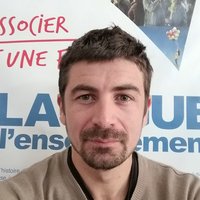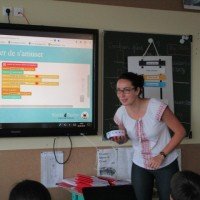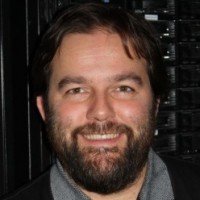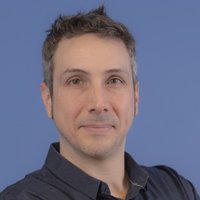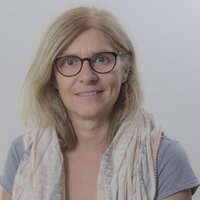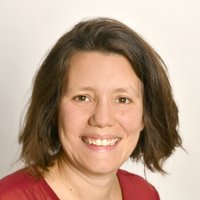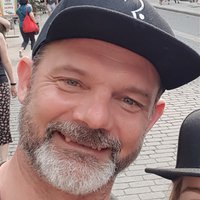Environmental impacts of digital technologies
- Effort: 5 hours
- Pace: Self paced
- Languages: English and french
What you will learn
At the end of this course, you will be able to:
- Understand the challenges of digital technologies for the environment and society
- Question indicators, data, analyze trends and make your own diagnosis
- Identify possible actions for a sustainable digital world by integrating a reflection on indirect effects, the interplay of actors and scales
- To have a critical look at the place of digital technologies in today's world and to be able to understand the debates around these themes
- Raise the awareness of your students or friends by using the resources of the Mooc or by identifying tools and partners to continue the debate
Description
This Mooc was co-produced by the Association Class'Code and Inria.
At a time when ecological transition often rhymes with digital transition, what is really the environmental impact of digital technologies? Is digital the solution?
Under the guise of virtualization and dematerialization, it is in fact a whole ecosystem that consumes energy and non-renewable resources that is being deployed at great speed.
While it has taken nearly 50 years to measure climate change, stabilize indicators and data, and reach a consensus that allows us to act.
Where are we with regard to digital technologies? How can we find our way through the sometimes contradictory information and discourse? On which measures should we rely? How can we start acting now for a more responsible and sustainable digital world?
Format
The Mooc is divided into 4 parts, each of which consists of :
- an awareness activity to take stock of one's practices, preconceived ideas or unthinking,
- an educational video to present the issues in the form of a dialogue between the more or less informed citizens that we are and the state of research, sometimes supplemented by an interactive activity,
- formative activities to question the indicators, the data, analyze the trends and form your own diagnosis,
- formative activities to discover what we can do as consumers, designers, teachers, citizens? Answers to explore, experiment and discuss...
- Additional resources to go further,
- Quizzes at the end of the game inviting you to take stock of the knowledge and skills acquired.
More theoretical concept sheets go into more detail about the concepts covered in the video or the activities.
A discussion forum allows you to exchange and debate with other participants and researchers.
Prerequisites
The training is intended for everyone and more specifically
- education professionals (teachers, educators, animators) who will find resources that can be used directly with their audience,
- young people from the second year of secondary school onwards, through the videos and activities that are proposed,
- to all those who wonder about the environmental impacts of digital technologies and who wish to understand the stakes and learn how to measure, decipher and act, in order to find their place as citizens in a digital world.
All you need is a computer and a good Internet connection to follow this course!
Assessment and certification
Your final grade will be calculated as follows:
- formative activities in the form of online exercises count for 70% of the overall grade
- end-of-module quizzes count for 30% of the overall grade
An Open Badge for successful completion of the course will be issued on request to learners who obtain an overall score of 50% correct answers to all the quizzes and learning activities.
Course plan
- 💬 What do you think about digital technologies?
- 💡 Digital technologies and environmental awareness: a short history
- 📐Which indicators to assess the digital footprint?
- ⚙️ Eco-Wise: Reading and questioning indicators
- 💬 How many connected devices do you have?
- 💡 Environmental impact of digital devices
- 📐 Can we continue to manufacture IT equipment for a long time?
- ⚙️ Eco-consumer: Recycling is not winning!
- 💬 What part of digital technology has the greatest environmental impact?
- 💡 Are digital services virtual?
- 📐 What is the environmental footprint of a digital service?
- ⚙️ From eco-user to eco-designer of digital services
- 💬 Connected objects... and you?
- 💡 What place do we want to give to digital in our society?
- 📐 How to anticipate the impacts of a new technology?
- ⚙️ Eco-citizen: being well informed to make informed choices!
Course team
Françoise Berthoud
Categories
Franck Beysson
Categories
Julie Cornet
Categories
Laurent Devernay
Categories
Laurent Lefèvre
Categories
Benjamin Ninassi
Categories
Martine Olivi
Categories
Julie Orgelet
Categories
Anne-Cécile Orgerie
Categories
Charles Poulmaire
Categories
Organizations
Co-production

Scientific and Pedagogical Committee
Bastien Masse (University of Nantes, administrator of Class'code), Jacques Sainte-Marie (Inria, deputy scientific director on environmental issues), Alain Thillay (head of the department of development and dissemination of digital resources at the Directorate of Digital Education at the Ministry of National Education and Youth and Sports), Françoise Berthoud (CNRS / GRICAD / EcoInfo), Charles Poulmaire (National Education). Coordinator of the pedagogical path: Sophie de Quatrebarbes (S24B)
Partners
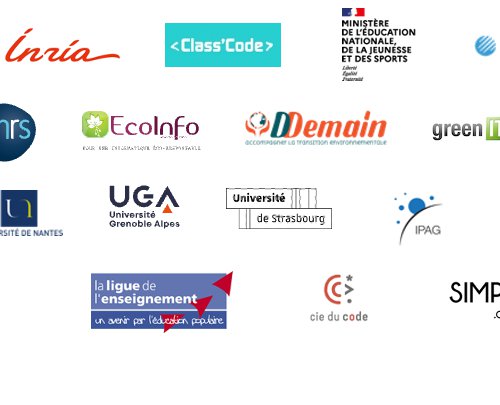
License
License for the course content

Attribution
You are free to:
- Share — copy and redistribute the material in any medium or format
- Adapt — remix, transform, and build upon the material for any purpose, even commercially.
Under the following terms:
- Attribution — You must give appropriate credit, provide a link to the license, and indicate if changes were made. You may do so in any reasonable manner, but not in any way that suggests the licensor endorses you or your use.
License for the content created by course participants

Attribution-NonCommercial-ShareAlike
You are free to:
- Share — copy and redistribute the material in any medium or format
- Adapt — remix, transform, and build upon the material
Under the following terms:
- Attribution — You must give appropriate credit, provide a link to the license, and indicate if changes were made. You may do so in any reasonable manner, but not in any way that suggests the licensor endorses you or your use.
- NonCommercial — You may not use the material for commercial purposes.
- ShareAlike — If you remix, transform, or build upon the material, you must distribute your contributions under the same license as the original.



